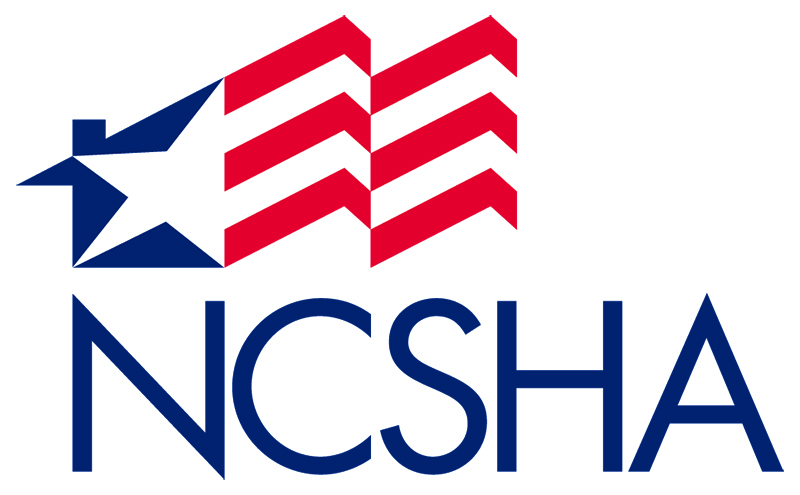NCSHA Urges Treasury and IRS Not to Set Federal, One-Size-Fits-All Definition of Concerted Community Revitalization Plans

On February 10, NCSHA submitted comments to Treasury and IRS in response to Notice 2016-77 regarding whether Treasury and IRS should issue guidance clarifying the Low Income Housing Tax Credit (Housing Credit) statute’s required preference for projects located in a Qualified Census Tract (QCT) that are subject to a concerted community revitalization plan. NCSHA argued that further guidance from Treasury and IRS on concerted community revitalization plans is unnecessary, and that state allocating agencies—not Treasury or IRS—should set their own definitions of or criteria for concerted community revitalization plans for purposes of the statutory preference.
Notice 2016-77 indicates that some states may have given preference to projects that are located in QCTs without regard to whether the projects contribute to a concerted community revitalization plan. NCSHA is unaware of such incidences, and thus we do not believe that further guidance in this area is needed. We contend in our comments that a one-size-fits-all federal definition would be overly prescriptive, difficult to modify if necessary, and needlessly burdensome at a time when the Administration is seeking to reduce, not add to, federal regulatory constraints. Moreover, nearly all allocating agencies already have set their own criteria for concerted community revitalization plans and describe that criteria in their Qualified Allocation Plans or other related documents.
NCSHA believes that the most appropriate way to address this issue is through NCSHA’s Recommended Practices in Housing Credit Administration. A task force of HFA executive directors currently is considering the modification of existing Recommended Practices and the development of new ones. We anticipate that they will consider this issue as part of that initiative. NCSHA will provide an opportunity for Housing Credit stakeholder groups, including fair housing and civil rights groups, to provide comments on the Recommended Practices.
For more information, contact NCSHA’s Jennifer Schwartz

